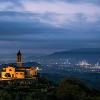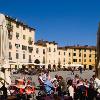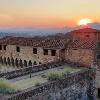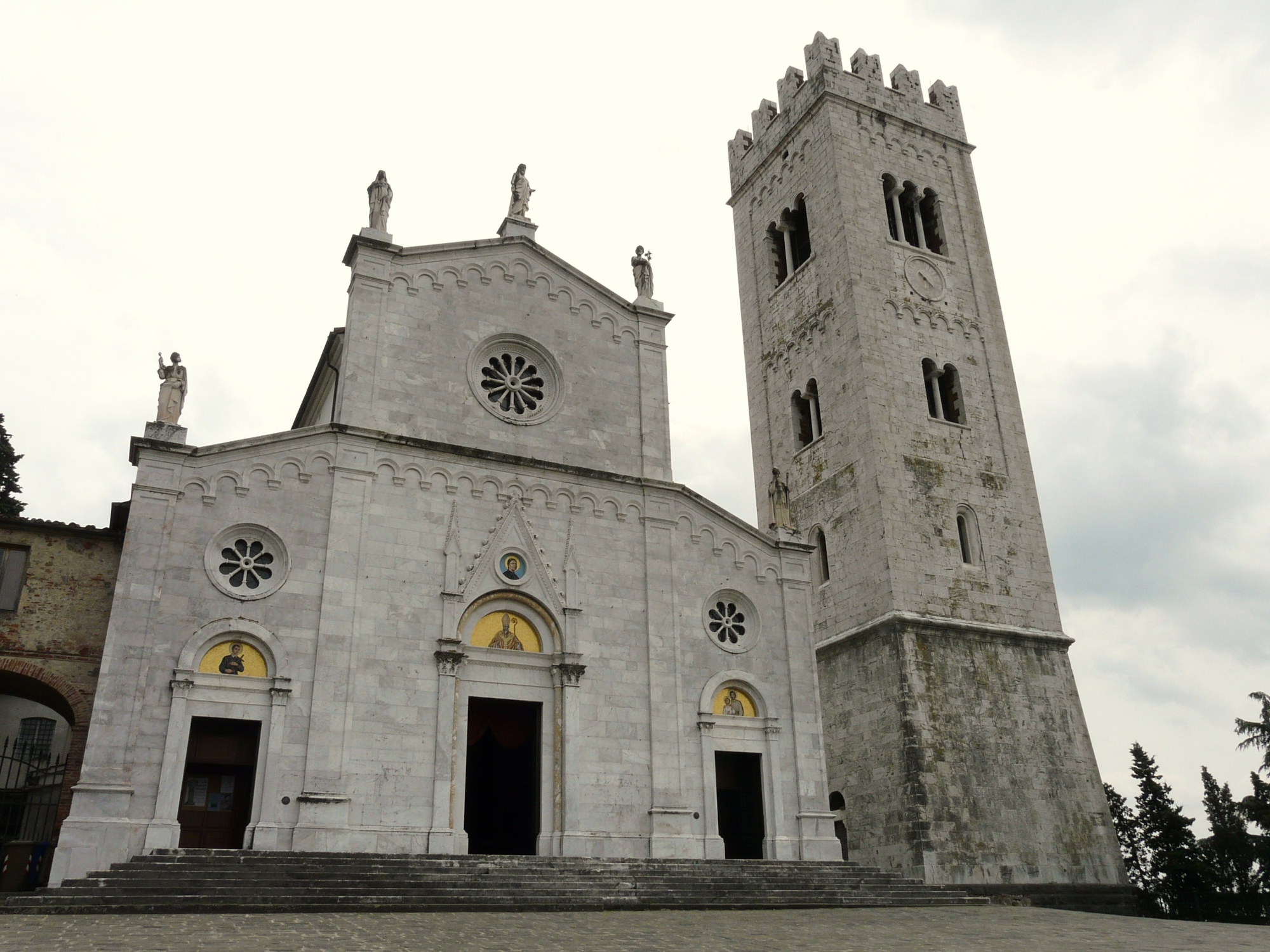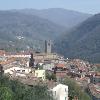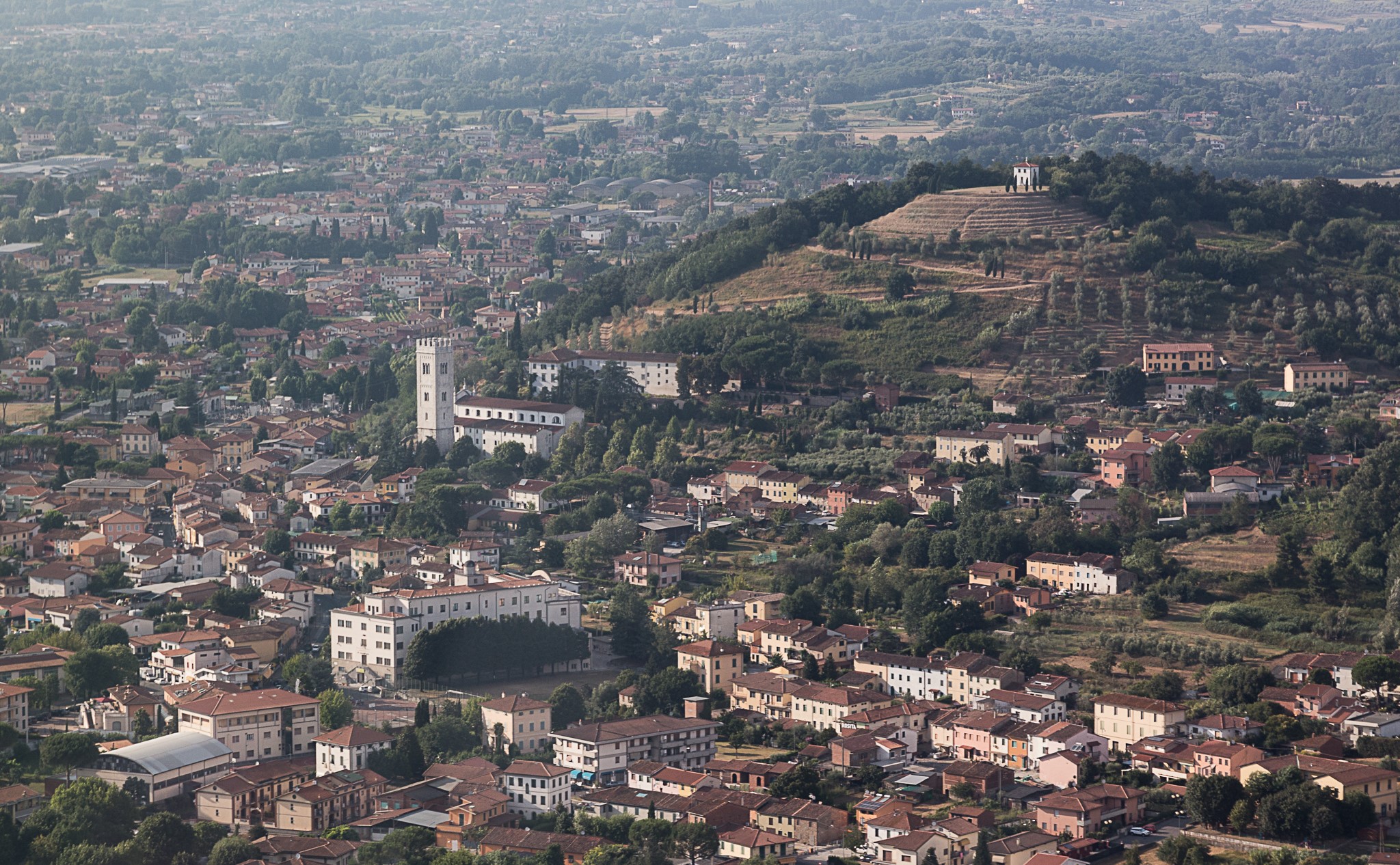Piana di Lucca

The beauty of Lucca with its historic center, villas surrounded by stunning gardens and delicate camellias of Compitese
Show more
Piana di Lucca
The beauty of Lucca with its historic center, villas surrounded by stunning gardens and delicate camellias of Compitese
Go to the area












